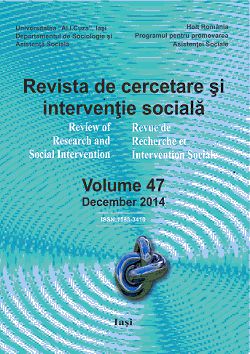The Portrait of a Good Doctor: Conclusions from a Patients and Medical Students Survey
The Portrait of a Good Doctor: Conclusions from a Patients and Medical Students Survey
Author(s): Maria Liliana Iliescu, Alexandru CarauleanuSubject(s): Social Sciences
Published by: Expert Projects Publishing
Keywords: patient-doctor relationship; qualities; good doctor; disease; compliance; physician competence;
Summary/Abstract: Improving the economic efficiency in health care is not only finding the way of mechanical costs’ reduction, but optimization of medical care by promoting rationale use of human, material, financial, and time resources. From this perspective, the rising of expenditure for medical care, while the socio-economic costs are increasing too, can be considered just a “spending money action” only if the quality of health care is not growing or improving. So, it is necessary to make an evaluation of treatments’ technical parameters and patients’ satisfaction assessment (safety, treatment, relationship with his doctor, amenities, and patients’ rights as a societal demand). Essentially, the high-quality health care and, in addition, a high patient’ satisfaction, can not be delivered in absence of motivated and well trained professionals. On this background, the patient-doctor relationship - representing the core of medical care, appears highly complex and involves, near the psychological dimensions of individuals, a large scale of socio-cultural aspects, establishing connections among two social groups (patients and doctors), groups which are different from power and prestige. The doctor is the key element in health care system, with a special position both in medical and non-medical culture. This study aims at identifying the qualities which define a “good doctor”, using the opinions of patients (inpatients and patients addressing to ambulatory health care units), medical and nurse students. Their opinions underline the importance of forming human resources in health care through developing attitudes and skills to ”humanize” the patient-doctor relationship in this era of technology.
Journal: Revista de Cercetare şi Intervenţie Socială
- Issue Year: 2014
- Issue No: 47
- Page Range: 261-271
- Page Count: 11
- Language: English

